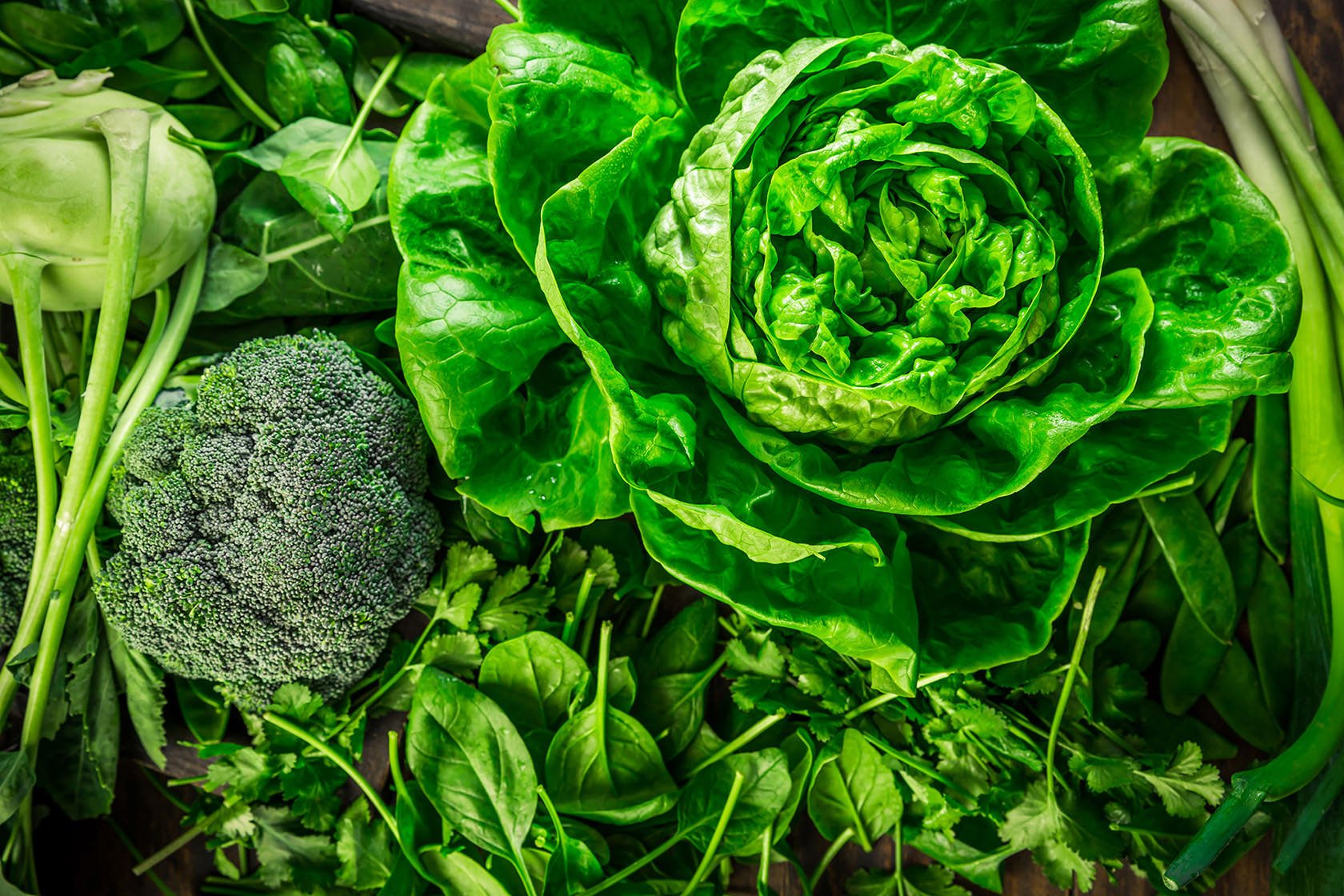
Carbohydrate counting
WHAT IS CARBOHYDRATE COUNTING?
Carbohydrate counting is a way to keep track of the carbohydrates in food and gain control of blood sugar. With some practice, the amount of insulin needed can be determined by figuring out the amount of carbohydrates in a meal.
WHO IS A CANDIDATE FOR CARBOHYDRATE COUNTING?
Anyone using Humalog/rapid actin insulin, which is injected at the time of eating. This may vary with each individual.
Anyone using an insulin pump.
Anyone whose blood sugar levels are not within normal range with current eating patterns.
HOW IS CARBOHYDRATE COUNTING DONE?
Know which foods contain carbohydrates.
Starches (breads, cereals, grains, legumes, and starchy vegetables like corn and peas)
Fruits and juices
Milk and yogurt
Pies, cakes, candy, ice cream, etc.
Know portion sizes. Use a carbohydrate counter and measure your food. One serving of carbohydrates = 15 grams. The following are equivalent to one carbohydrate serving:
1⁄2 cup of starch (e.g. potatoes, corn, peas, grains)
1 slice of bread
1 small piece of fruit
8 oz. milk or yogurt
1 1⁄2 cups of cooked vegetables
Estimate a reasonable carbohydrate intake per meal depending on height, weight, gender, age, and activity level.
An average female needs 45—60 grams of carbohydrate per meal, or more with increased activity (in the form of a snack or a slightly larger meal).
An average male needs 60—80 grams of carbohydrate per meal, or more with increased activity.
A diabetes management team will be able to help determine this more precisely.
Check blood sugar levels 1—2 hours after eating, particularly after eating too many carbohydrates. This is the peak time for carbohydrate digestion.
Eat balanced meals that include more whole foods and less processed foods.
Eat healthy fats. With much recent research showing the advantage of lower carbohydrate diets, consider adding more healthy fats and protein to prevent elevated blood sugar levels.
Remember that sugar-free does not mean carbohydrate free. The total number of carbohydrates eaten will impact blood sugar levels, no matter whether they come from sugars, starches, or fruits.
